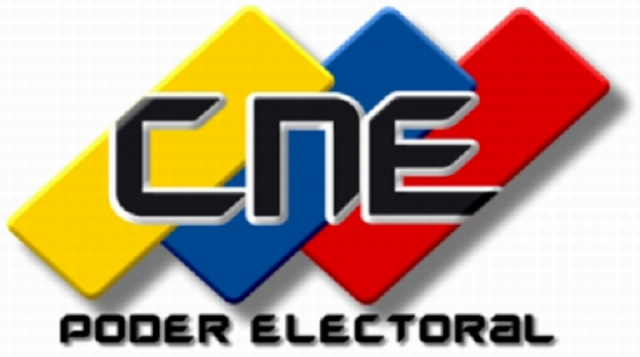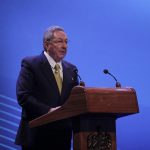Caracas: The option to settle political differences through the democratic means of voting is gaining strength today in Venezuela in the face of new calls from the right to boycott the legislative elections of December 6, Prensa Latina publishes.
Venezuelan opposition leaders raised their voices this week to condemn the abstentionism stance promulgated again by a political sector bent on the strategy of regime change in the South American nation through unconstitutional channels.
The leadership of the Democratic Action party ratified its participation in the parliamentary elections, according to statements by the general secretary of the political organization, Bernabé Gutiérrez, who condemned the position of the leader Henry Ramos Allup to support a statement by several party entities against attendance at the polls.
In this sense, Gutiérrez asserted that the abstentionism position and the ‘demonization of the vote’ as an instrument of change constitutes an unlawful and illegal action, by ensuring that the promoters of that position lack representation in the militancy’s bases.
The president of the Solutions party, Claudio Fermín, assured that the defenders of abstention seek to take away from the people the right to express themselves; “Telling the country not to vote, (…) or telling the country that the way is violence, it seems to me a crime against Venezuela”, the political leader said.
In the same vein, the leader of Avanzada Progresiva and former presidential candidate Henri Falcón spoke, pointing out that withdrawing from the democratic scene resulted in failures and ill-conceived strategies that seek to atomize the opposition.
In turn, the secretary general of the political organization Cambiemos Movimiento Ciudadano, Timoteo Zambrano, assured that Venezuelans intend to exercise their vote, the only way to resolve differences and elect a pluralist National Assembly.
A group of 17 Venezuelan parties supported the call for legislative elections the day before, by ratifying in a joint statement their adherence to the electoral participation path.
“We are defenders of the vote as the only weapon to settle our differences, because we believe that today there is no path other than that of suffrage”, said the signatory organizations in rejection of the route of confrontation, violence and abstention.
Faced with this scenario, the head of state and president of the United Socialist Party of Venezuela (PSUV), Nicolás Maduro, called on the popular forces to regain the majority in the National Assembly to put it at the service of the people, ‘for peace, union national sovereignty and stability ‘.
Speaking this week in a virtual meeting of the national leadership of the PSUV, Maduro called on the revolutionary militancy to consolidate leadership and unity toward the parliamentary elections.
The president urged to strengthen the alliance with the other political organizations of the Great Patriotic Pole and to avoid any manifestation of sectarianism or division among the forces related to the Bolivarian Revolution.
For his part, the first vice president of the PSUV, Diosdado Cabello, assured that unity prevails in the revolutionary base; “To those who are proclaiming divisionism, the people’s conscience will go over their heads,” said the socialist leader, convalescing from Covid-19.
In the midst of strict biosecurity measures to prevent the spread of the viral disease, the National Electoral Council (CNE) gave continuity to the electoral schedule, which provides for the beginning of the nomination process for next Monday.
During the last legislative period, several sectors of the Venezuelan right conspired from within the National Assembly – declared in contempt by the Supreme Court of Justice (TSJ) – to ignore the legitimacy of the other powers of the State.
Before the Constitutional Commission of the majority opposition legislative body, the TSJ appointed the new CNE board, a decision that opened the doors to holding parliamentary elections at the end of 2020.
The renewal of the electoral body and the call for elections were part of the partial agreements emanating from the National Dialogue Table installed in September 2019 between the government of Venezuela and several opposition parties.

Redacción Digital
Equipo de redactores del sitio web de Radio Mayabeque



